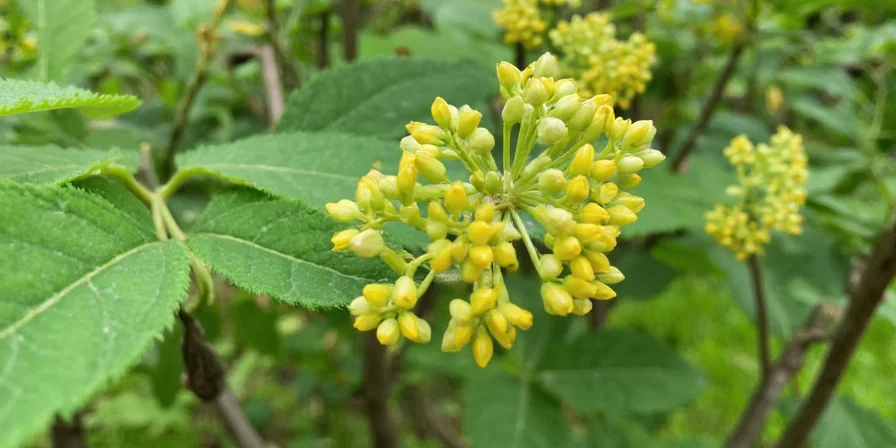Exploring the World of Papikia: A Culinary Delight from Global Spice Traditions
When we think of spices, we often envision the vibrant colors and fragrant aromas that fill our kitchens. One such spice that has gained notoriety in various global cuisines is papikia. This lesser-known spice not only enhances the flavors of dishes but also carries a rich history that intertwines with the cultures of those who use it. In this blog, we will delve into the origins, uses, and culinary applications of papikia, exploring how it has become a staple in many kitchens around the world.
What is Papikia?
Papikia, often compared to paprika, is derived from the dried fruits of the Capsicum annuum plant. However, unlike its more commonly known cousin, papikia boasts a unique blend of flavors that can range from mild to moderately spicy. This spice is not just about heat; it carries a depth of flavor that can be smoky, sweet, or even fruity.
The vibrant red hue of papikia makes it visually appealing, often used as a garnish as well as a key ingredient in various dishes. The growing popularity of papikia in culinary circles has sparked interest in its origins and applications.
Origins of Papikia
The origins of papikia can be traced back to the Mediterranean region, where it has been cultivated for centuries. Ancient civilizations, such as the Greeks and Romans, utilized the spice not only for its flavor but also for its medicinal properties. Over time, papikia spread across Europe and beyond, adapting to local cuisines and cooking styles.
As global trade expanded, so did the reach of papikia. Today, it is a cherished ingredient in various culinary traditions, from Hungarian goulash to Spanish chorizo, showcasing its versatility and wide appeal.
Health Benefits of Papikia
Aside from its culinary uses, papikia offers several health benefits:
- Rich in Antioxidants: Papikia is packed with antioxidants that help combat oxidative stress in the body.
- Anti-Inflammatory Properties: The compounds found in papikia can help reduce inflammation, making it beneficial for overall health.
- Boosts Metabolism: The capsaicin in papikia may aid in increasing metabolism, promoting weight loss.
- Supports Digestive Health: It can stimulate digestive enzymes, enhancing gut health.
Using Papikia in Cooking
Papikia is highly versatile and can be used in a variety of dishes. Here are some popular ways to incorporate it into your cooking:
| Dish | Usage |
|---|---|
| Soups and Stews | Add a teaspoon for depth of flavor. |
| Meat Marinades | Mix with olive oil and garlic for a flavorful rub. |
| Vegetable Dishes | Sprinkle over roasted vegetables for enhanced taste. |
| Rice and Grain Dishes | Stir into grains for a colorful presentation. |
Global Culinary Traditions Featuring Papikia
As papikia has spread across different cultures, it has found its place in various traditional dishes. Here are a few examples:
1. Hungarian Paprika Chicken
This classic dish highlights the rich flavor of papikia, combined with tender chicken, onions, and sour cream. The spice not only adds color but also brings an authentic taste of Hungary to the table.
2. Spanish Chorizo
Chorizo is a staple in Spanish cuisine, and papikia plays a vital role in its preparation. The spice infuses the sausage with a smoky flavor, making it a favorite in tapas and paellas.
3. Mediterranean Roasted Vegetables
Roasting vegetables with a sprinkle of papikia elevates their natural sweetness and enhances their flavor. This simple dish captures the essence of Mediterranean cooking.
How to Choose and Store Papikia
When selecting papikia, quality is key. Here are some tips to ensure you choose the best:
- Look for Color: A vibrant red color indicates freshness and quality.
- Check the Aroma: Fresh papikia should have a strong, fragrant aroma. Avoid any that smell dull or stale.
- Buy Whole: If possible, purchase whole dried peppers and grind them at home for maximum flavor.
To store papikia, keep it in an airtight container in a cool, dark place. Proper storage can extend its shelf life and preserve its flavor.
Conclusion
Papikia is more than just a spice; it is a bridge between cultures, a storyteller of culinary traditions, and a celebration of flavor. Its versatility in the kitchen and health benefits make it a must-have for any food enthusiast. As you explore the world of global spice traditions, don’t overlook the charm and richness that papikia brings to your culinary adventures. Whether you are a seasoned chef or a home cook, incorporating papikia into your recipes can elevate your dishes and create unforgettable meals.
Illustration











 浙公网安备
33010002000092号
浙公网安备
33010002000092号 浙B2-20120091-4
浙B2-20120091-4